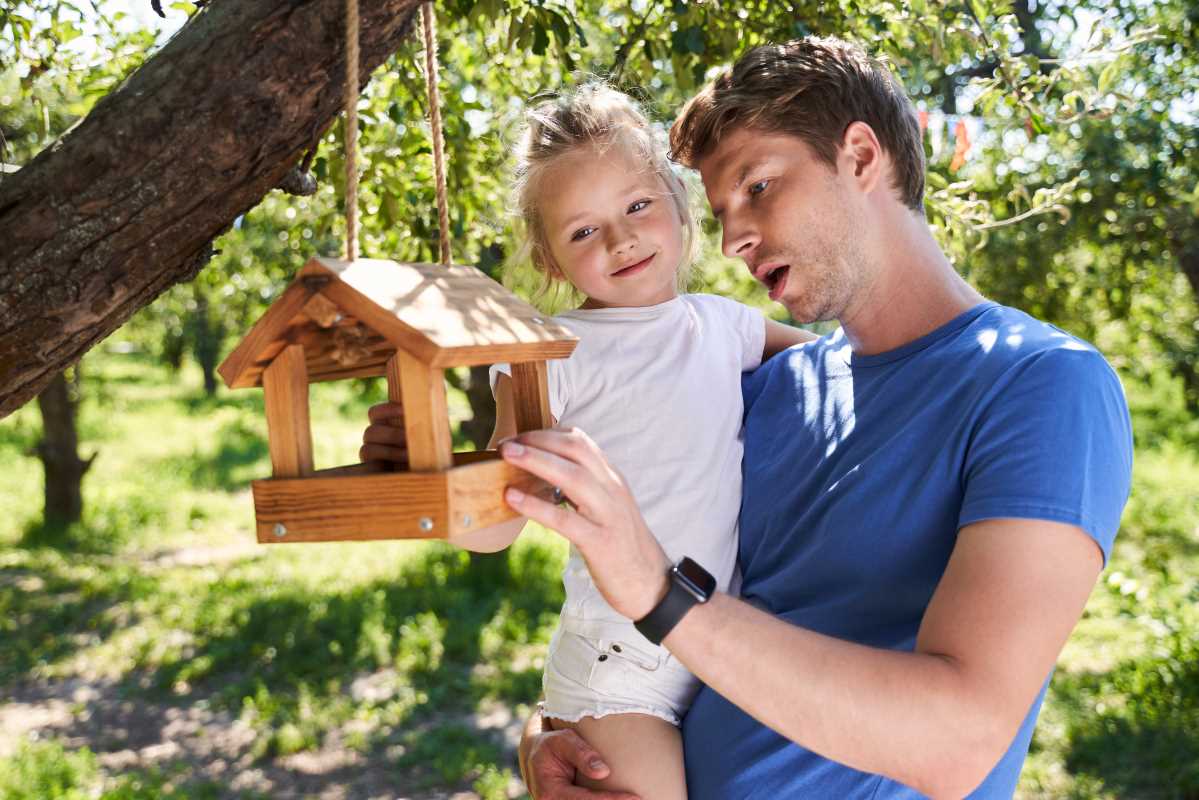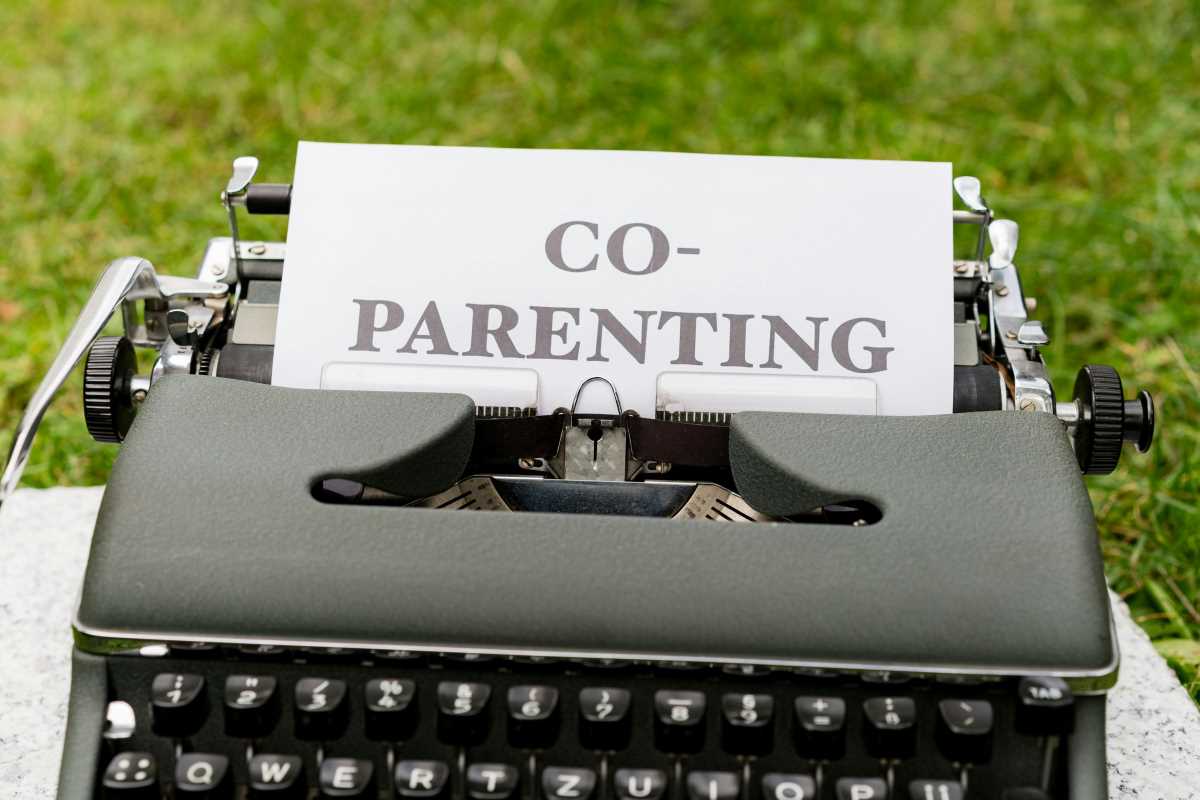Navigating co-parenting after a separation or divorce isn’t easy, especially when emotions are raw, and disagreements feel inevitable. However, the choices you and your co-parent make in handling those conflicts directly impact your child’s emotional well-being. Shielding children from parental conflict while fostering a cooperative parenting environment is vital for their development and sense of security.
This post will explore ways to manage co-parenting disagreements thoughtfully, ensuring your child feels supported and loved in this new chapter of their life.
Understanding the Impact of Co-Parenting Conflict
Children are incredibly perceptive. They can pick up on tension even when parents believe they are hiding it well. Chronic conflict takes a toll, and the effects on a child extend beyond the moment. Research shows that exposure to ongoing parental conflict can result in:
- Anxiety and stress: Constant tension creates an unstable atmosphere that can make children feel anxious or unsafe.
- Struggles with self-esteem: When they sense discord, children may feel responsible for the friction, or they might internalize the negativity, which can harm their self-esteem.
- Behavioral issues: Acting out, withdrawal, or difficulty controlling their emotions can all stem from exposure to conflict.
- Academic or social challenges: Stress at home often spills over into school and social interactions, affecting their focus, grades, and ability to form healthy relationships.
These effects aren't limited to major fights. Children are affected even by subtle cues, like cold tones, passive-aggressive behavior, or a parent venting frustrations within earshot. Recognizing these consequences highlights how crucial it is to minimize conflict in front of children and create a harmonious co-parenting dynamic.
Tips for Managing Conflict Effectively
While disagreements are inevitable, the way you manage them can reduce the emotional toll on everyone involved. Here’s how to approach conflict constructively:
Prioritize Communication
Communication issues are at the heart of most co-parenting conflicts. To improve collaboration, consider the following:
- Stay respectful: Practice speaking with your co-parent as you would a colleague. Replace accusatory language like "You never..." with neutral observations such as "I noticed..." Respect goes a long way in keeping discussions productive.
- Keep conversations child-focused: Always ground discussions in what’s best for your child. For example, instead of framing a debate as "This inconveniences me," frame it as "How will this change impact Alex's bedtime routine?"
- Choose the right medium: If face-to-face conversations or phone calls consistently lead to arguments, explore alternatives like email or a co-parenting app. Using written communication can help you collect your thoughts and prevent emotional outbursts.
For example, parents struggling with a recurring issue, like homework not being completed, can use a co-parenting app to communicate calmly and track progress without letting frustration escalate during face-to-face interactions.
Set Boundaries
Clear boundaries reduce ambiguity and prevent many common conflicts inherent in co-parenting. Here's how to establish them:
- Define a consistent routine: Children thrive on routine. A stable schedule—including regular bedtimes, meal plans, and visitation arrangements—is a grounding force amidst change. For instance, both parents agreeing to a 7 PM bedtime creates consistency that benefits the child and reduces arguments.
- Discuss sensitive topics proactively: Potentially explosive topics like introducing new partners, handling major school decisions, or holiday scheduling require clear ground rules. If agreed upon ahead of time, there’s less room for conflict down the line.
- Respect each other's autonomy: You and your co-parent may have different approaches to chores or screen time, and that's okay—as long as your child’s basic needs are met, and they aren’t affected negatively.
Of course, disagreements over boundaries will happen occasionally. When they do, revisit your co-parenting plan together, look for compromises, and reinforce that your shared goal is always your child’s well-being.
Address Conflict Away From Children
Protecting children from witnessing conflicts not only shields them from stress but also sets the example for constructive behavior.
- Avoid arguing in front of your child: When tensions rise, pause the conversation and agree to revisit it later. For example, say, "This is important, but let's finish this after Mia goes to bed."
- Don’t use children as messengers: Asking your child to convey complaints or demands to the other parent puts them in a deeply uncomfortable position. This can feel like choosing sides and is damaging to their emotional health.
- Check your emotions: Self-awareness is key. When you feel anger building, try techniques like deep breathing or stepping away temporarily. A text like, "I need some time to think, let's circle back later," can keep communication respectful.
Model Healthy Conflict Resolution
Children absorb how conflicts are handled by the adults in their lives. If they see frequent fights or hostile exchanges, they might replicate these behaviors with peers and future relationships. Instead, model constructive actions:
- Show problem-solving skills: Demonstrate how to listen, brainstorm, and compromise calmly. Saying, "I see your point; can we try this instead?" fosters collaboration.
- Express apologies and forgiveness: Normalize accountability by apologizing when mistakes are made. For example, "I realized I raised my voice earlier, and I'm sorry. Let's try again."
Modeling positive conflict resolution doesn’t mean pretending disagreements don’t exist. Instead, it teaches your child that mismatches in opinions can be resolved respectfully.
Protecting Kids From Conflict
Preventing children from becoming collateral damage in co-parenting disagreements should always be a top priority. Here are ways to safeguard your child’s emotional health:
- Reassure them regularly: Children need constant reminders that they are loved by both parents and are not the cause of disagreements. Reassure them with affirming statements, like, "Your mom and I may not agree on everything, but we both love you very much."
- Keep adult problems private: Financial issues, court disputes, or frustrations with your co-parent’s romantic life should not be discussed in front of your child.
- Encourage their relationship with both parents: Actively support your child’s bond with the other parent. Simple actions, such as reminding them to pack for Dad’s weekend or planning a special Mother’s Day activity with their mom, go a long way in reinforcing emotional stability.
For example, if a child makes a comment like, “Why doesn’t Daddy like Mommy anymore?” you can redirect the discussion positively by saying, “Your dad and I are just different people, but we both love you so much.”
When to Seek Help
Even the most well-intentioned co-parents can hit roadblocks that feel impossible to overcome alone. If you find that you're unable to resolve conflicts, remember that professional resources can help.
- Family counseling or mediation: These services provide neutral spaces to work through disagreements productively. Mediators offer solutions that prioritize the child’s needs and can help draft or amend co-parenting agreements.
- Therapy for your child: If your child starts showing signs of stress, trouble sleeping, or behavioral changes, consulting a therapist can provide them with tools to express themselves and process emotions healthily.
Additionally, online support groups or parenting workshops geared toward co-parents can offer community advice and empathetic perspectives.
Final Thoughts
Effective co-parenting is built on mutual respect, clear communication, and an unwavering commitment to your child’s well-being. It’s about showing up, even when emotions run high, and striving to create an environment of stability and love.
Your child watches how you handle these challenges. By prioritizing their needs, modeling healthy conflict resolution, and knowing when to seek external help, you are actively shaping their resilience and emotional health.
 (Image via
(Image via





